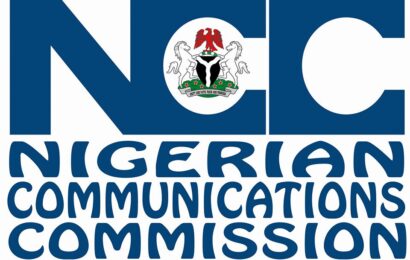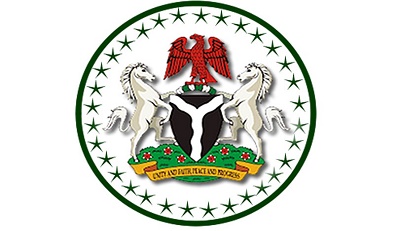
A Non-Governmental Organisation (NGO), Solidaridad West Africa has urged all tiers of government and the private sector to invest more on palm oil production to increase contribution of the agriculture sector to Nigeria’s GDP growth.
A statement issued on Thursday by Dr Samuel Ogallah, Solidaridad’s Senior Climate Specialist for Africa, said that the call became necessary following the crash in oil prices.
“In the wake of COVID-19 pandemic leading to the collapse of the oil price on which Nigeria depends as the major income earning for the country, it is high time Nigeria starts to invest in palm oil production.
“This will serve as a way of increasing the contribution of the agriculture sector to the national Gross Domestic Product (GDP) to reduce unemployment and poverty as well as create jobs for the masses in the country,’’ Ogallah said.
Ogallah reiterated Solidaridad’s commitment to continue to improve oil productivity in Nigeria through the “National Initiative for Sustainable Climate-Smart Oil Palm Smallholders (NISCOPS)” programme funded by the Kingdom of Netherlands.
According to him, Solidaridad West Africa has within a year, digitally profiled more than 18, 500 smallholder oil palm farmers and millers in Akwa Ibom, Cross River, Enugu and Kogi states.
He added that the effort was to support Nigeria’s agricultural transformation policy agenda and state governments to encourage more farmers embrace the oil palm production intervention programme.
He assured that the digital profiling of smallholder farmers and farm mapping would be a continuous process in the lifespan of NISCOPS.
“After the digital profiling and farm mapping, series of trainings have been lined up to build the capacities of the smallholder farmers on sustainable climate-smart oil palm production.
“NISCOPS will continue to support Nigeria and Ghana to work with farmers toward more sustainable, climate-smart palm oil production.
“In addition, the support will build capacity of smallholder farmers, organisations and local institutions to improve performance, facilitate development of mechanisms for sustainable landscapes and halting deforestation.
“The programme is also contributing to the objective of Nationally Determined Contributions (NDCs) under the Paris Agreement and the Sustainable Development Goals (SDGs),’’ he said.
While canvassing for increased investments in oil production, Ogallah said the role of the private sector in NISCOPS was key to the success of the programme in Nigeria.
Mr Kene Onukwube, Solidaridad West Africa, Oil Palm Programme Manager, Nigeria, said that NISCOPS intervention pushed Nigeria’s march toward making the SDGs and the Paris Agreements a reality.
Onukwube said that profiling oil palm farmers and their farms had elevated Nigeria’s digital agriculture profile in two significant ways.
According to him, it has enhanced the structural aggregation of oil palm farmers into organised farmer groups as well as strategically positioning them for increased economic investments through proposed institutional interventions by the government.
He said that since 2013, Solidaridad had trained more than 27, 000 farmers on good agriculture practices.
“About 78 per cent of the producers trained have adopted the practices and there has been about 40 per cent increase in productivity,’’ Onukwube said.
The News Agency of Nigeria (NAN), reports that Solidaridad’s services in Nigeria support smallholder producers for increased productivity and facilities





